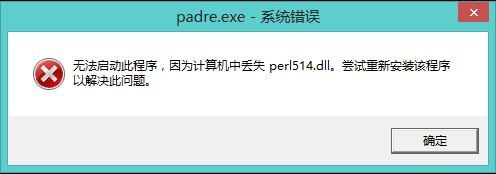7.1. What Are Regular Expressions?A regular expression,often called a pattern in Perl,is a template that matches or doesn't match a given string.[
A pattern may match one possible string,two or three,a dozen,a hundred,or an infinite number. It may match all strings except for one,except for some,or except for an infinite number.[*] We've referred to regular expressions as being little programs in their own simple programming language. It's a simple language because the programs have one task: to look at a string and say "it matches" or "it doesn't match".[
One of the places you're likely to have seen regular expressions is in the Unix grep command,which prints out text lines matching a given pattern. For example,if you wanted to see which lines in a given file mention flint and,somewhere later on the same line,stone,you might do something like this with the Unix grep command: $ grep 'flint.*stone' chapter*.txt
chapter3.txt:a piece of flint,a stone which may be used to start a fire by striking
chapter3.txt:found obsidian,flint,granite,and small stones of basaltic rock,which
chapter9.txt:a flintlock rifle in poor condition. The sandstone mantle held several Don't confuse regular expressions with shell filename-matching patterns,called globs. A typical glob is what you use when you type *.pm to the Unix shell to match all filenames that end in .pm. The previous example uses a glob of chapter*.txt. (You may have noticed that you had to quote the pattern to prevent the shell from treating it like a glob.) Though globs use many of the same characters you use in regular expressions,those characters are used in different ways.[
|



 1. 如何去重 #!/usr/bin/perl use strict; my %hash; while(...
1. 如何去重 #!/usr/bin/perl use strict; my %hash; while(... 表的数据字典格式如下:如果手动写MySQL建表语句,确认麻烦,...
表的数据字典格式如下:如果手动写MySQL建表语句,确认麻烦,... 巡检类工作经常会出具日报,最近在原有日报的基础上又新增了...
巡检类工作经常会出具日报,最近在原有日报的基础上又新增了...